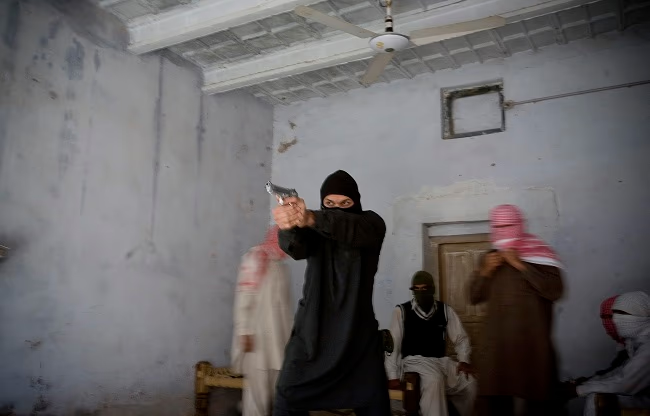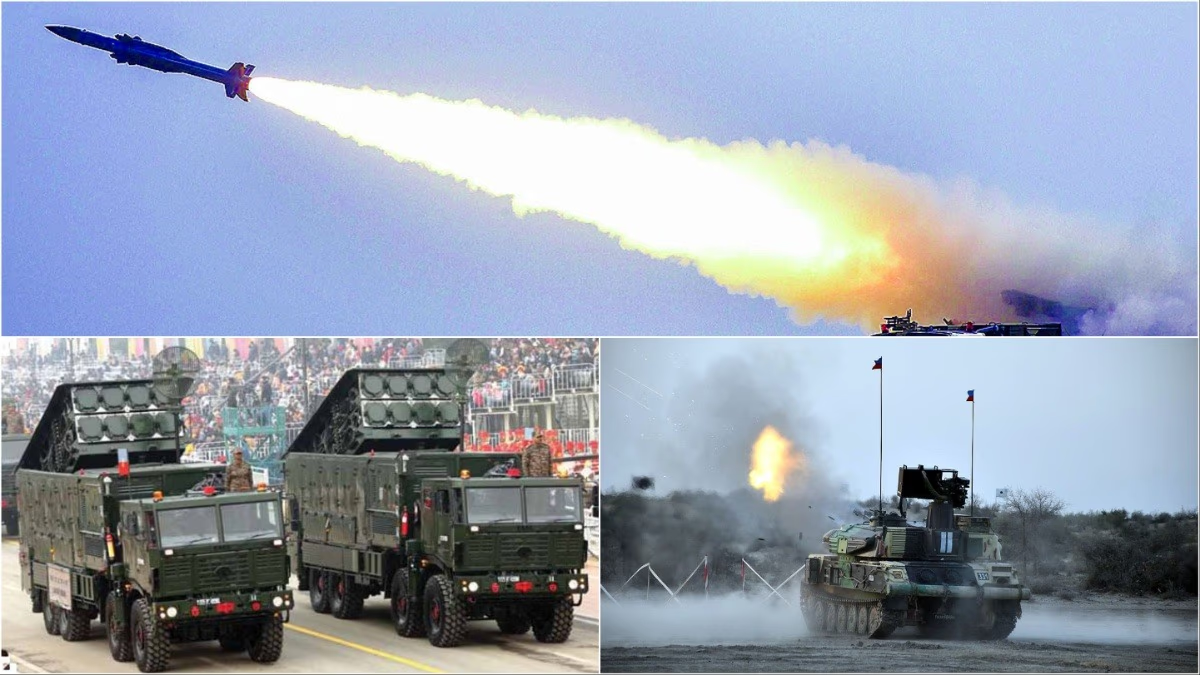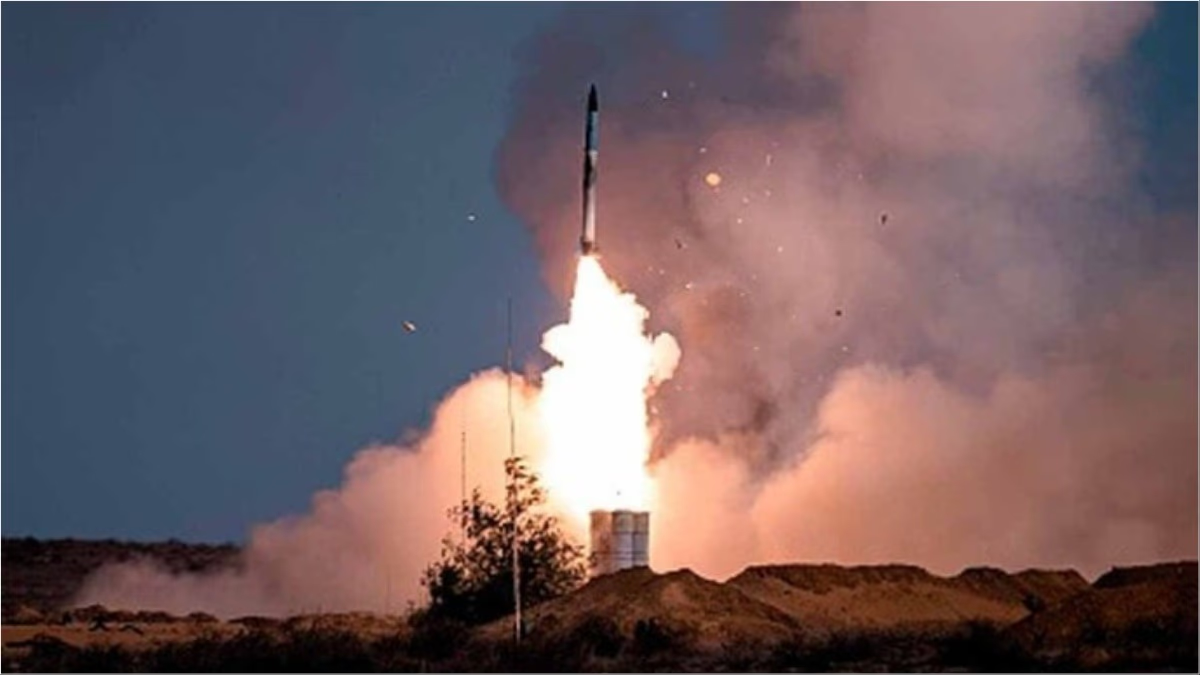Late on the night of May 6, the Indian military carried out joint action, conducting air strikes in Pakistan and POK. Numerous terrorist bases were destroyed in the operation, significantly uprooting terrorism. Though major players like Lashkar, Jaish, and Hizbul faced the attack, Al-Qaeda was particularly agitated, threatening 'Jihad Fi Sabilillah' against India in a statement.
Several questions arise here -
- Why did Al-Qaeda express anger over the crippling of other terror groups?
- If such organizations are active in Pakistan, why are they left unchecked?
- What is the 'Jihad Fi Sabilillah' threat they are making?
Under the title of 'Indian Aggression on the Land of Pakistan', Al-Qaeda in the Indian Subcontinent (AQIS) issued a statement condemning the bombings and accusing India of waging war against Islam, claiming it's been ongoing for a long time. Remarkably ignoring the Pahalgam attack, they referred to the recent air strike as part of the same campaign, provocatively urging everyone to respond to this perceived war against Islam and Muslims.
That's the statement, but why does Al-Qaeda react nervously to others' terrorist casualties? It's essentially fear stemming from threats nearby. They worry that it won't be long before their own home faces similar destruction.

Source: aajtak
What is the Connection Among Terrorist Organizations?
Al-Qaeda has long-standing ties with Jaish-e-Mohammed, Hizbul Mujahideen, and Lashkar-e-Taiba. Despite different names, their objectives are largely the same: creating unrest over Kashmir and misleading people in the name of religion. Al-Qaeda considers these groups its local allies.
Currently, the three targets of recent attacks were already present in Kashmir. Instead of starting anew, Al-Qaeda established connections with Jaish, Hizbul, and Lashkar, providing them with training, funding, and fighters. They sometimes even strategize with each other. Despite being distinct entities, their leaders remain connected and partake in exchanges with a shared terroristic goal.
In Pakistan, their collaborative efforts contribute to the terrorist infrastructure. The difference lies in who's running operations from where and whose name surfaces in which mission. This is why Al-Qaeda is reacting like a wounded snake.
Is Al-Qaeda Active in Pakistan?
Operationally, Al-Qaeda camps aren't as openly present in Pakistan as in past times, but PoK and Khyber Pakhtunkhwa still reveal some activity. Because these are moderately active and the strikes focused on major groups, they remained somewhat untouched.
Following India's strike on May 6th, which targeted Pakistan's terror camps, Al-Qaeda swiftly issued an online statement that clearly declared 'Jihad Fi Sabilillah'. This statement was shared across Al-Qaeda-supporting websites and Telegram.

Source: aajtak
What Does the New Declaration Mean?
'Jihad Fi Sabilillah' translates to Jihad in the Path of Allah. Simply put, it refers to fighting in defense of Islam. Although it suggests a noble cause, extremists and terrorist organizations have long manipulated this notion as a weapon, labeling anyone with differing opinions as an enemy of religion, warranting battle against them. Essentially, it's an effort to validate terrorism under the guise of religious faith, enticing young individuals to launch attacks against innocent groups.
How Serious is the 'Jihad Fi Sabilillah' Threat?
Taking this lightly could lead to trouble, especially with some neighbors not being on favorable terms. Al-Qaeda has been eyeing expansion in India, focusing particularly on the Northeast and West Bengal. Their influence in Kashmir is on the rise, creating small cells capable of lone wolf attacks, which prevents security forces from accessing main leaders and increases the divide between civilians and the military.
Now that they have openly threatened Jihad, it's a rallying cry for already radicalized youth. Al-Qaeda is attempting to portray India as an enemy of Islam, enticing international terror groups to launch campaigns against it.




